Pros
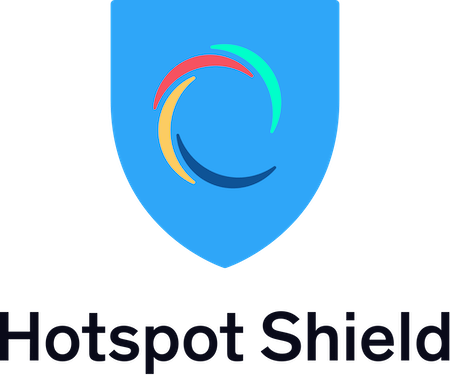
- Speed: This is such a high-speed VPN service that it is sometimes tough to distinguish between the speed before and after the connection. The users do not even feel a difference in the internet speed after connecting with the VPN network.
- Strong Encryption: The service comes with AES-256-bit encryption. It is military grade encryption and the best that any VPN service can offer.
- Internet Kill-Switch: The client has got an Internet kill-switch on it. The kill-switch automatically stops the internet traffic if the VPN connection drops, and thus saves user’s data from getting on the internet without the security of a VPN.
- Customer Support: The chat support is excellent, and all the queries are handled professionally. The chat support agents seem competent enough, and the user generally gets a response within a few minutes.
- Servers: The service boasts of big server network. There are more than 2,500 servers located across 25 countries which are available at the disposal of the users.
- IP Leak Protection: The client comes with IP leak protection. A leak in IP can compromise the location of the user, and that too with pin-point accuracy.
Cons
- US Jurisdiction: The company is based in the USA. The USA is one of the 5-Eyes countries, and the local laws are not much in favor of individual privacy.
- No DNS Leak Protection: There is no DNS leak protection in the service. It can compromise the location of the user, and thus it needs to be taken care of.
- Limited Platform Support: The client is available only for the popular platforms. The user cannot even avail the service for routers. Such minimal platform support prevents users from getting a VPN cover on a lot of their devices.
Overview
| Quick Overview | |
|---|---|
| Protocols | Catapult Hydra by Anchor Free |
| Platforms | Windows, Mac, iOS, Android, Chrome |
| Jurisdiction | USA |
| Logging | Some Logs |
| Encryption | AES 128 to 256 |
| Connections | 5 Connections |
| Locations | 28 Countries |
| Servers | 2,500 + |
| Netflix/P2P | Netflix Available |
| Payment Options | Crdit Card, Paypal, WebMoney, GiroPay |
| Support Options | Live Chat, Support Ticket |
| Pricing From | $3.49/mo Billed for 3 years |
| Guarantee | 45 days |
| Free Trial | Yes with Limited Features |
| Website | Visit Website |
Hotspot Shield is a VPN service from AnchorFree Inc. The company has its headquarters in California and operates under the jurisdiction of the United States of America.
Most of us are aware of the fact that the USA is one among the 5-Eyes countries. The member countries of these groups have strong intelligence services, and they also share a lot of this intelligence data in between them.
The intelligence agency of the USA has also been found spying on its citizens. Individual privacy never seemed to be one of the concerns of the governments in this country, and they have robust surveillance systems in place.
All these facts don’t make it an ideal country for a VPN service. It won’t come as a big surprise if the government itself tries compromising the privacy of the users of the service.
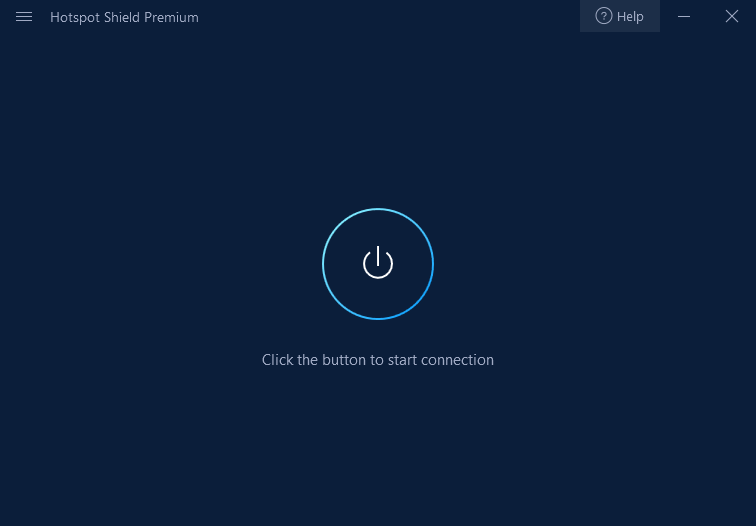
Hotspot Shield is not one of those VPN services which come loaded with features. It has got everything that a conventional VPN service has got to offer.
They encrypt the data, promise a no-logs service, claim to be a high-speed VPN service, help the user in bypassing the geo restrictions, and all such things which are generally expected of a satisfactory VPN service.
In this review, we will test the quality of their service, and compare it with the other big players of the game. The service has also got an exclusive protocol, and we will be trying to check its efficiency as well.
We will also point out all the anomalies and shortcomings of the service. There is always so much that a VPN service can provide to its customers, and we will keep an eye on what the customer is missing as well.
Servers
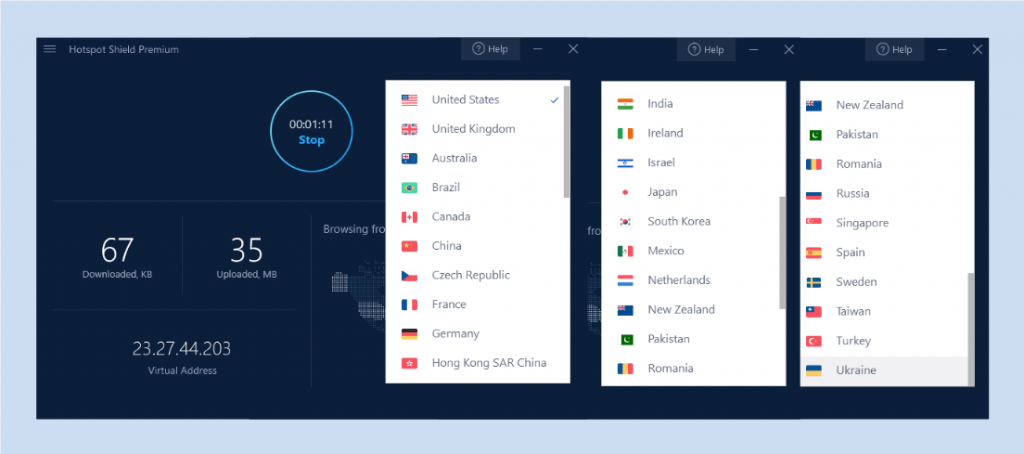
Servers are where the user’s internet traffic is directed before letting it reach its destination. Once the internet traffic is routed through these servers, it becomes very tough for websites to trace the traffic all the way back to the user.
The user thus stays anonymous on a VPN network. The more servers a VPN service has, the better it is for the user as well as the service.
More servers allow the user to use a lot of locations as his/her masked location, and he/she can bypass a lot of the geo-restrictions as well.
With a large number of servers, the provider need not worry about poor performance because of high density internet traffic on the server. The number of servers also indicates the popularity of a VPN service as a large user base will need more servers.
There are more than 2500 servers on this VPN service. We have not come across many services which have so many servers in their network. These servers are scattered around in more than 25 countries.
The number of servers as well the countries are more than what many VPN services offer. Users can bypass most of the geo restrictions on this service as they have got servers in so many countries.
The countries are also a nice blend of all the regions of the world. They have covered most parts of the globe with their server locations, and the servers are not localized or clustered in a single zone which is the case with many VPN services.
Apart from Africa, they have got servers in the rest of the populated regions. Asian users will also get a fair share of servers in their area, and they may not face traffic issues on these servers as it happens on other networks.
However, the service provider seems to have missed a lot of tricks to take advantage of such a big server network. Let us discuss how this network could have been enhanced.
First of all, there are no dedicated servers on the network. The dedicated servers are focused on the specific needs of users such as streaming, P2P file sharing or torrrenting, and gaming.
These servers are strategically placed or have such specifications that they help the user perform these exact activities with ease.
But, in the absence of dedicated servers, the users need to keep going through the server list to find the one most suited to their needs.
The client also lacks a ‘smart-connect’ or ‘auto-connect’ server option as well. With such a feature, the user automatically connects to the optimal server for his/her location.
The ‘smart-connect’ server is generally the closest server for the user’s location, and also gives the fastest speed a majority of times. The user on this service needs to scroll through the list of servers to find such a server as there is not automatic connection option.
One more unusual thing with the server list on the client is that the user needs to first connect to the VPN service and only then the server list becomes visible to the user. The user cannot choose or change the server location before connecting to the client.
This is confusing as well as irritating for the users. Users should be provided with the server list before they connect to the network, else the process of connecting to the preferred server location becomes unnecessarily lengthy.
The number of servers available should be enough to provide a satisfactory VPN connection, and the service provider should make all the necessary changes to get the most out of this vast server network.
Privacy Policy
We already mentioned that the company functions under the US jurisdiction. We also mentioned that it is one of the 5-Eyes countries.
History also indicates that this country does not gives much emphasis to individual privacy as they have been once found guilty of spying on their own citizens.
The shared surveillance network with the other members of the 5-Eyes countries makes the matter even worse.
But let us put aside this jurisdiction issue for a while and try to have a look at all the measures taken by the service provider to protect the privacy of the users on the network.
The service provider claims that they don’t log any of the user’s activities while they are online on the VPN network and using the service. But there is some information which the service acquires and let us see if the service has some valid justification for this data collection.
When the application is launched, the service collects information about the device of the user, operating system, network information, and IP address.
They claim that the IP is used to know the city level location of the user, and rest of the information is also used only for troubleshooting and analytics purposes. They have also stated that they never log the IP address.
The IP address is once again logged when the user connects to the VPN network. This time the IP is logged in an encrypted form, and only for the duration while the session is active. The IP address is deleted once the user disconnects from the network.
Apart form this data, the service needs to keep a record of the transactions made with the customers. Creating a user account is optional on the service, and the user need not provide their email to the service provider if he/she wishes to do so.
There are some cookies involved when the user visits the official website of the service. They have also got a third-party analytics service which collects some data when the users visit the website of the service.
But this is the case with most of the websites, and the user can choose to block cookies if he/she wants to.
We feel that the service has tried a lot to remain transparent in the privacy policy, and such gestures from the service providers are always commendable.
We never felt that the service intends to collect the personal information of the users and all of their reasons for the limited data collection also appear valid to us.
However, we should also not forget the service is based in the US, and the chances of interference of the government can never be ruled out.
Connection Time Analysis
| Trial No. | Time to establish a connection (seconds) |
|---|---|
| 1 | 2.24 |
| 2 | 2.28 |
| 3 | 3.06 |
| 4 | 2.3 |
| 5 | 2.25 |
| 6 | 2.14 |
| 7 | 3.67 |
| 8 | 2.3 |
| 9 | 3.72 |
| 10 | 2.34 |
| Avg. Time In Seconds | 2.63 |
As you can already tell from the table, the client takes absolutely no time to connect to the network. An average connection time of 2.6 seconds is not a general occurrence in the connection time analysis.
There are not many services which connect to the network so swiftly, and the number of VPN services which have a connection time of less than 3 seconds is also very slim.
Another noticeable fact is that the connection time remained consistent throughout the analysis, and we came across no unpleasant surprises.
This connection time analysis was done for the geographically closest server location, but we experienced similar speeds while connecting to other servers as well.
It is the VPN services like this one which makes the connection time analysis look a waste of time, but it does matter a lot if a VPN service starts taking ages to connect to the network.
Speed Test
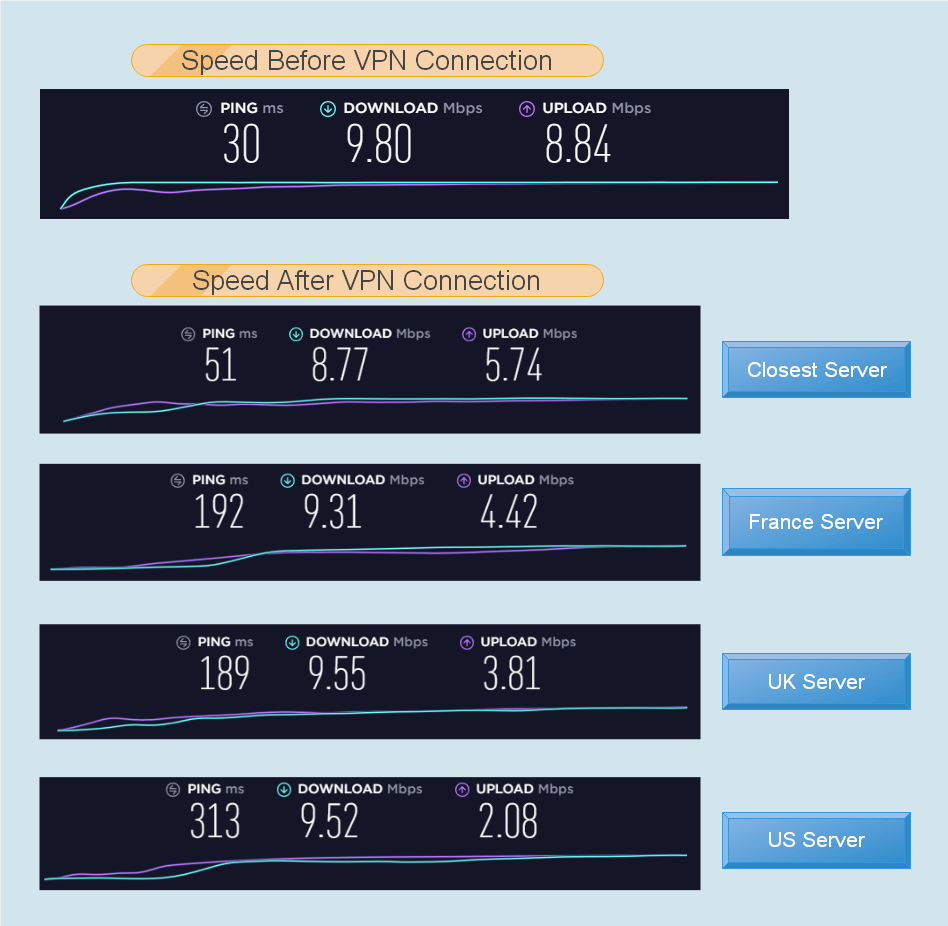
We know many of you must have been eagerly waiting for this section, and some of the restless people should have directly jumped to this section. But we don’t blame you.
This section holds its particular importance as most of the times, ‘Speed is the key.’ This key unlocks the access to the exclusive club of the top VPNs in the market.
All the servers, features, and policies go down the drain if the service is not able to provide high-speed internet to the users. No one likes a slow internet, especially when they have first payed for a high-speed internet connection to the ISP, and then let go off a few more bucks to the VPN provider to make the internet secure.
We did the speed test for a lot of servers on the network, and for the first few tries, we were not able to believe the results which we were seeing. If we talk only about speeds, then it is virtually the same with and without the connection to the network.
The service provides excellent speeds not only for the closely located servers but for the far away located servers as well. One unusual occurrence which happened during the speed tests is that the geographically closest server turned out to be the one with the slowest speeds.
We attribute this to the different bandwidths and traffic densities on various servers. However, we are not complaining as the speed was great anyways.
Talking about the stats, the closest server yielded around 90% of the original speed. Both the US and the UK servers turned out speeds around 97% of the initial rates. And then the French server was touching 95%.
This is without any doubt the fastest VPN service we have ever come across. There have been VPN services which gave around 97% of the initial speeds, but we don’t remember any of the service giving such high speeds across all the servers on the network.
But the user should acknowledge the fact that the proprietary protocol used on this service might be responsible for such great speeds, and we will try to asses the security on this protocol in the next section.
This is simply the best VPN service concerning speed, and it will not be an easy task to cross the benchmarks setup by Hotspot Shield.
Security
Security is a primary feature that all VPN services need to exhibit. VPN services are coming up with new security measures on a regular basis to standout from the rest of the VPN crowd.
On the other hand, we are also witnessing a rise in the malware attacks and hacking attempts. The cyber-criminals are also upgrading their arsenal and finding new ways into the data of the users.
To keep the user’s data secure, VPN services first encrypt the data and then tunnel it through secure protocols. Most of the times a VPN service provides either 128-bit or 256-bit encryption.
These encryptions are very tough to crack, and therefore the attackers are now concentrating on the loopholes in the protocols or the VPN network.
At present, OpenVPN is the most widely used protocol, and it is considered to be the best blend of security and speed. There are a few protocols which are found faster than OpenVPN but not that secure.
However, there have been a few VPN services which do not use these conventional or preferred protocols, and they either come up with their own protocol or employ a new protocol which is supposed to be technologically advanced.
Hotspot Shield is also one of those services which preferred straying away from form the conventional options for protocols. But let us first discuss the encryption provided on the client.
Hotspot Shield encrypts the data with 256-bit encryption. It is military grade encryption and the best one available. The encryption is virtually impossible to crack with brute force.
Now if we talk about the protocol, the traffic is routed through Catapult Hydra protocol, which is a proprietary protocol of AnchorFree.
The service provider mentioned that this protocol is used by some cybersecurity companies such as McAfee and BitDefender.
The service provider also claims that this protocol is better in terms of performance and reliability as compared to other protocols. We already witnessed very high speeds on the service, and therefore we don’t doubt the claim about superior performance on the protocol.
However, we are not sure about the reliability of the protocol. Only time will tell how secure Catapult Hydra protocol is, and we will be keeping an eye on the subsequent upgrades as well.
Hotspot Shield used to have OpenVPN and IPSec as protocol options on the client, but then they switched to Catapult Hydra owing to the superior performance.
If we are to believe the service provider, then the encryption is not modified on the protocol in any way, and they also employ Perfect Forward Secrecy on the service.
In Perfect Forward Secrecy, the key is changed for every session. So, if one of the user’s session gets compromised, then the rest of the sessions are not affected by it as the key is different from them. This way, the user’s data remains safe for subsequent sessions.
Talking of other security measures, Hotspot Shield lacks DNS leak protection. This can lead to exposure of user’s location on the service.
But the client has IP leak protection, and the users can rest assured that their IP address is safe while they are connected to the VPN network.
Another general but handy feature is the internet kill switch. What it does is that it stops the internet traffic altogether if the VPN connection drops. This keeps the user’s data safe by not letting it reach the internet without the security of the VPN service.
The inclusion of a whole new protocol, specifications of which are unknown, makes judging the security measures on the VPN very tricky. There is no doubt that this protocol enhances the performance of the VPN service, but we are not in a state to put the finger on security aspects of it.
User Interface and Experience
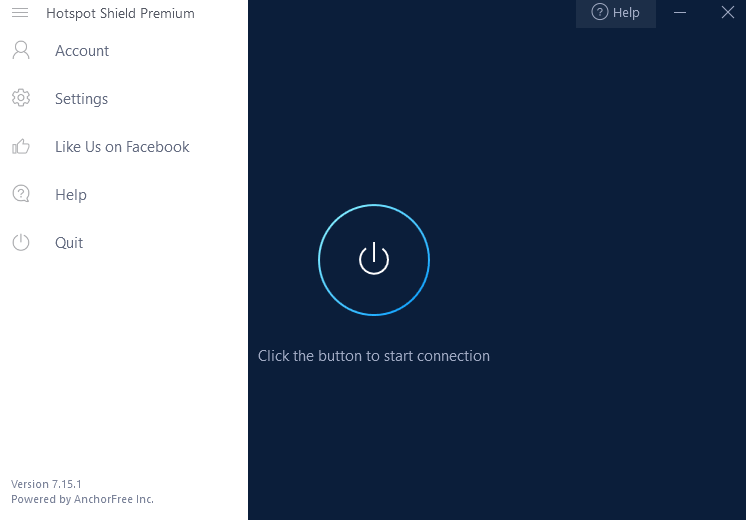
The user interacts with the service through the user interface. Therefore, it is of utmost importance that the users are served with an intuitive and easy to navigate user interface. It helps if the user interface is a good looking one as well.
Hotspot Shield has a straightforward but functional user interface. It looks great and allows the user to have as much control of the service as possible. However, there are a few flaws in the service as well which we will discuss in this section.
The first window comes with nothing but a connect button, and the triple dashed options icon on the top left corner. The user can simply press the connect button and start using the internet through the VPN.
But what about the server options. The server list is not available in the options menu. When the user connects to the VPN network, only then the server list becomes accessible.
Such trivial issues can be sometimes frustrating for the user. The service provider should consider moving the server list on the home screen of the client.
It will also save the user from the unnecessary hassle of connecting with the VPN network twice to make only one server change.
The window which appears after the connection is established, displays the virtual IP address of the user, the volume of data uploaded and downloaded, and the session duration.
The server list is available on this window only, and the servers are displayed by the country location. Server sorting is absent, and so are dedicated servers for various activities such as streaming and P2P file sharing.
The first item in the options menu is ‘Account.’ It informs the user about the subscription status and the expiration date along with the name of the account.
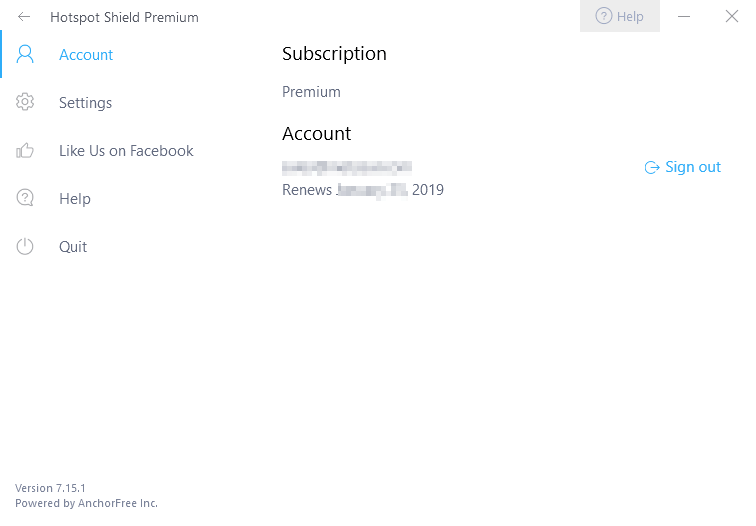
Next comes the ‘Settings.’ It has the toggle switches for ‘IP leak protection’ and ‘Internet kill switch.’ It also contains a few customization options and the option to change the language.
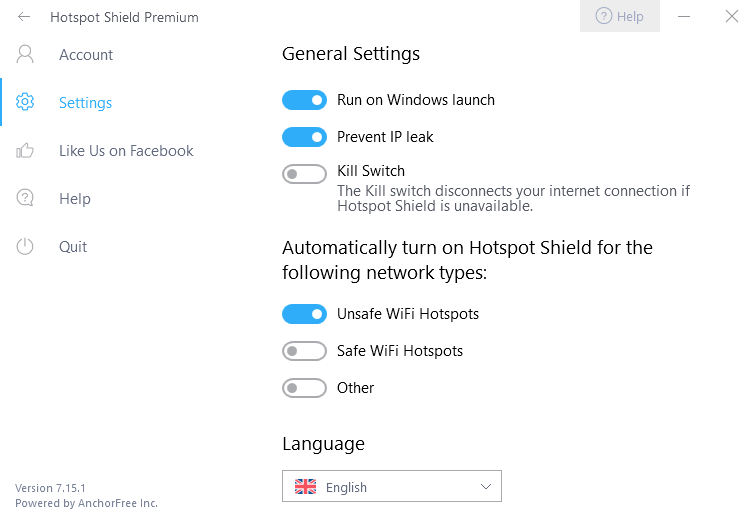
The next useful item in the list is ‘Help.’ The user can get information about a variety of issues that he/she might be facing on the service.
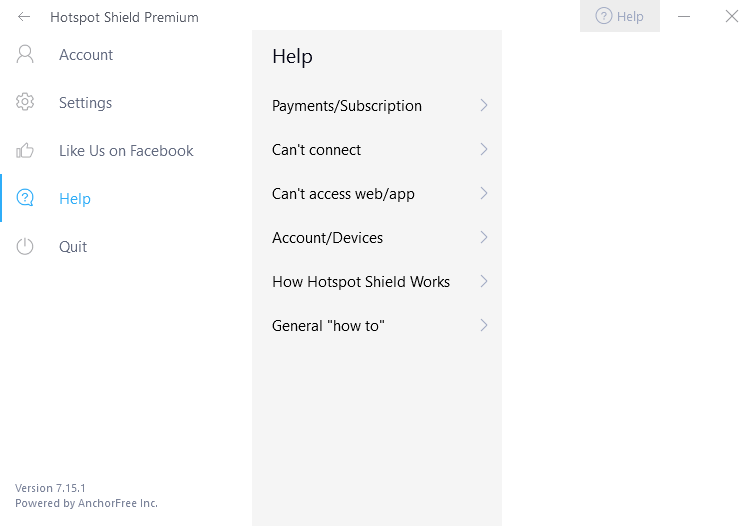
Overall, the user interface is very simple, but the lack of options can also not be neglected. The service provider should focus on including more relevant options in the user interface and thus the make the user feel more in control of the application.
Platforms and Devices

The service is available for all the major platforms which are Windows, MacOS, Android, iOS, and Windows Phone. Apart from these platforms, the customer can get browser extensions for Chrome and Firefox web browsers.
This is all they have got to offer when it comes to platform support. The service is not available for Linux as well.
Most of the VPN services provide the user with the option to download the configuration fileS for the lesser known platforms and other devices which connect to the internet.
If the services don’t have such facilities for other platforms, then they are at least available for configuration of routers. But sadly, Hotspot Shield is not available for routers as well.
If the service was available for routers, then the user could have used it to provide the VPN cover to rest of the devices which need a VPN cover. And this is the way by which many of the VPN services improve the accessibility of their product.
The makers of Hotspot Shield need to realize that many personal devices need internet connectivity these days, and the user wishes to protect these devices from the harmful elements of the internet as well.
So, it is better that more and more devices can connect to the VPN network.
The current state of platform support on the service is not satisfactory at all, and the service provider needs to include more devices in the support list.
Customer Support
Customer support is an essential feature of a good service. A chain is as strong as its weakest link, and often we have seen that customer support turned out to be that weakest link for the services.
If the customer doesn’t get appropriate support from the service, he/she is likely to leave the service sooner or later.
Hotspot Shield provides a 24/7 live chat support for the service. We also had a few queries, so we tried getting the answers from the live chat support.
They responded quickly with apt responses. The customer support agents seemed competent enough, and they had decent knowledge about the service. We are impressed by the quality of service we got from the live chat support.
A lot of other VPN services promise a 24/7 live chat support, but not all of them are able to deliver high quality services. But Hotspot Shield made sure that their customer service does its jobs well.
Coming to the support page of the service on the official website, it does not give much insight into the product. The user may find the support page useful if he/she is facing trouble with the client or wants to know about the installation process of the service.
The support page does not deal much with the specifications and features of the product. In fact, it is difficult to know about the specifications of the product in general.
However, the active and informative live chat support overcomes this issue at the moment. But they do need to make the support page more informative and relevant to the users.
Conclusion
The one thing that can be immediately noticed is that this is a lightening fast VPN service. We have hardly seen any VPN service which provided such high speeds on a VPN network.
The reason for it can be the proprietary Catapult Hydra protocol, but that also seems to be our only concern about the service as well. We are unsure of the safety on this protocol when compared with the more preferred ones such as OpenVPN protocol.
Then there are some other minor issues such as no DNS leak protection, the absence of dedicated servers, lack of additional features such as double hop, etc.
However, the strong encryption, excellent customer support, and features such as Perfect Forward Secrecy deserve recognition as well.
The service provider needs to provide a few more details about the specifications of the protocol so that the users can be surer about the security on the protocol.
Hotspot Shield is one of the superior VPN services, but they still need to sort out a lot of things to make the product better. The 5-Eyes country jurisdiction is also something which can haunt them for a long while.
We feel that the service will only improve from here, and we hope to see a more robust and efficient version of the service in the near future.
